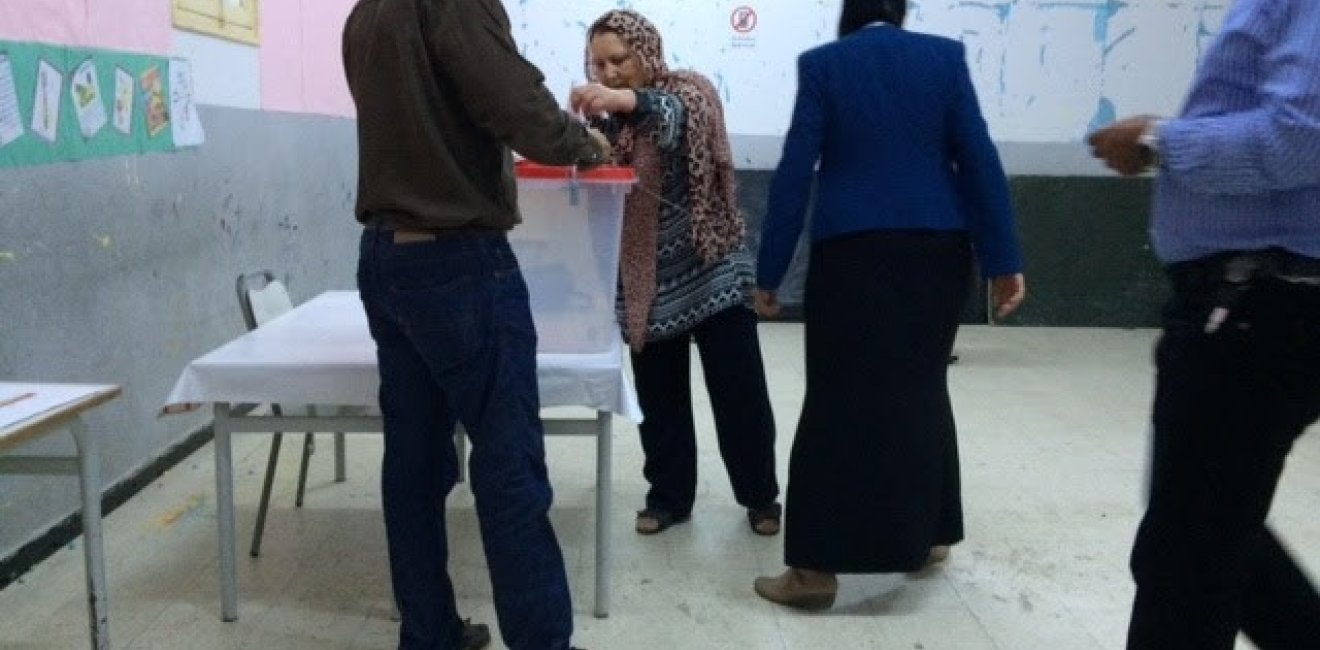
A blog of the Wilson Center

We’re accustomed to measuring elections in terms of which candidate or party receives the most votes. But sometimes voter preferences are best measured by the numbers of voters who don’t vote.
In the wake of the Arab Spring uprisings, Tunisia was a country with a bright, hopeful future. In October 2011, less than a year after authoritarian leader Zine El Abidine Ben Ali was forced from office, the country held its first free multiparty elections to elect a Constituent Assembly tasked with forging a new constitution. In 2013, leading civil society organizations came together to form the “Tunisian National Dialogue Quartet” to help guide the new government through a national mediation process and create a new constitution. The group was later awarded the Nobel Peace Prize for its role in “the building of a pluralistic democracy.”
In January 2014, the new constitution was adopted. In October 2014, Tunisia held parliamentary elections—the first free and fair legislative elections since independence—and turnout was more than 67 percent. In November 2014, the presidential election was held and turnout exceeded 63 percent.
Fast forward to 2019 and several years of citizen frustration over failing economic policies—political outsider Kais Saied was elected president with only 54 percent voter turnout. Less than two years later, Saied moved to undo some of the very democratic reforms that emerged from the Arab Spring’s national dialogue. Among other things, he dismissed the prime minister, dissolved parliament, and granted himself emergency powers that enabled him to rule by decree through 2022.
In mid-2022, after an abbreviated “consultation process,” Saied put to referendum a new constitution that aimed to replace the hybrid president-parliament system. Only 30 percent of voters turned out for the up-or-down referendum vote.
Seeing a parliament largely stripped of its previous powers, only 11 percent of eligible voters turned out to vote in last month’s elections. A mere dozen years after sweeping protests in the streets of Tunisia chased President Ben Ali from his office—and the country.
Author

Explore More in Stubborn Things
Browse Stubborn Things
Spying on Poachers

China and the Chocolate Factory

India: Economic Growth, Environmental Realities
